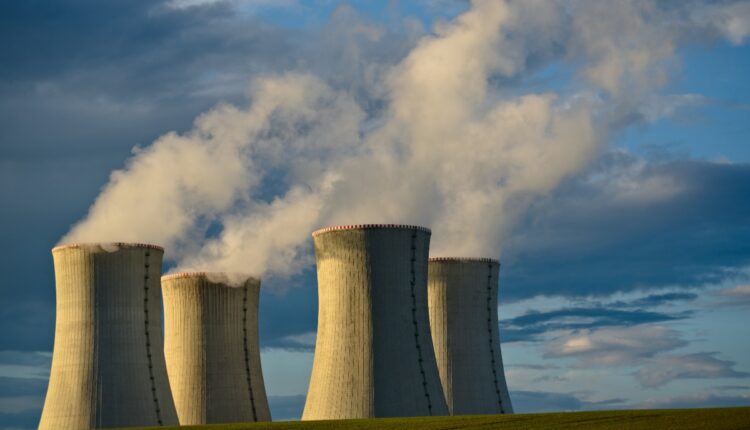Microsoft, in an exclusive report from The Wall Street Journal (WSJ), is evaluating the feasibility of using nuclear power for its artificial intelligence (AI) infrastructure in data centers. According to the media, a single data center today already consumes as much electricity as hundreds of thousands of homes, and the power demands of artificial intelligence are even greater, making nuclear power a possible solution to meet their massive energy needs.
Microsoft’s decision to adopt this form of power for its AI data centers reflects the company’s growing commitment to AI and supercomputing. Microsoft currently owns 49% of the shares in OpenAI, the entity behind the notorious ChatGPT, and is looking to reduce its reliance on fossil fuels.
Several leading companies have shown interest in nuclear power because of its low carbon emissions and its ability to operate 24 hours a day, regardless of weather conditions, unlike renewables such as wind or solar power.
Last September, Microsoft posted a job offer looking for a nuclear power expert to integrate smaller modular reactors (SMRs) into its power planning. In addition, according to the WSJ, the company is acquiring power from existing nuclear power plants as part of its strategy.
During the last annual United Nations climate conference (COP28), the focus was on the use of these reactors. Although no Western country has yet implemented these reactors, considered by many to be the future of nuclear power, China has already made progress in implementing them.
Constellation Energy, the largest owner of nuclear power plants in the United States, has agreed to supply nuclear power to Microsoft for its data center in Virginia, especially when wind and solar power sources are unavailable.
The use of nuclear energy has generated a controversial debate at the international level owing to concerns about possible environmental effects and the fear that its use could lead to the development of nuclear weapons.
Given that the approval and regulation of this project by the US government could take years and cost hundreds of millions of dollars, Microsoft intends to use artificial intelligence to speed up the process, even in bureaucratic aspects.
In partnership with Terra Praxis, a non-profit organization dedicated to promoting universal access to nature-friendly energy, Microsoft has developed a model that streamlines the collection of regulatory documents and nuclear licenses over the past six months.
K. Tovar
Source: Forbes Mexico
(Source image reference: Lukáš Lehotský, X)
Visit our news channel on Google News and follow us to get accurate, interesting information and stay up to date with everything. You can also see our daily content on Twitter and Instagram


